A student’s perspective of presenting mosquito behaviour and chemical ecology research at The Royal Entomological Society’s ENTO-19 conference at the London School of Hygiene and Tropical Medicine.
Dr Richard Halfpenny and recent graduate and biological sciences intern Steven Lloyd-Jones have been collaborating on this project to present at ENTO-19. Both Richard and Steven have written about their experience during the project, the lead up to and during the conference itself. Although both worked on the project and attended the conference, their blogs provide an interesting insight into how perspectives of the same events can differ based on personal experience. Read below for Steve Lloyd-Jones’ thoughts.
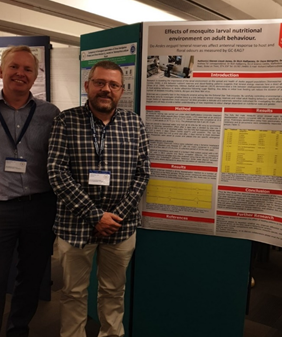 Hi, I’m Steve and I’m a bioscientist – it feels good to put that and not chef (my previous career)! I graduated with a BSc (hons)in Biology from Staffs in 2019. I love life in all its many forms and have been blessed by the staff at Staffs and been able to follow my passions; not that I could have told you what they were before I started this journey.
Hi, I’m Steve and I’m a bioscientist – it feels good to put that and not chef (my previous career)! I graduated with a BSc (hons)in Biology from Staffs in 2019. I love life in all its many forms and have been blessed by the staff at Staffs and been able to follow my passions; not that I could have told you what they were before I started this journey.
As my kids approached university age, I dreamt of not being a chef anymore, so I trained as a welder to which I qualified but never felt competent. Then after a family tragedy, I decided to become a nurse and make a difference. During my access course bursaries changed and my biology teacher ignited a fascination I didn’t know was there, so I enrolled in Biomedical science. After much soul searching in the first year and although I loved Biomed, I knew I wanted to do broader research and be a bioscientist, evolution and behaviour were my real passions, so I changed to biology.
In my, about section a put myself as a bioscientist which still feels like a dream, imposter syndrome and all that. However, I should probably put Entomologist specialising in how neuronal development affects behaviour. On one hand that feels too highfaluting and on the other feels like not enough to express how well Staffs biosciences have trained me. I’m at a real crossroad in my life but I now have the tools and confidence to make the most of any chances. Unlike most graduates I was given (or earned – depending on your perspective!) an amazing opportunity that meant even before my graduation ceremony I was doing real-life research for Staffs that would be presented at a major conference Ento-19.
Continue reading

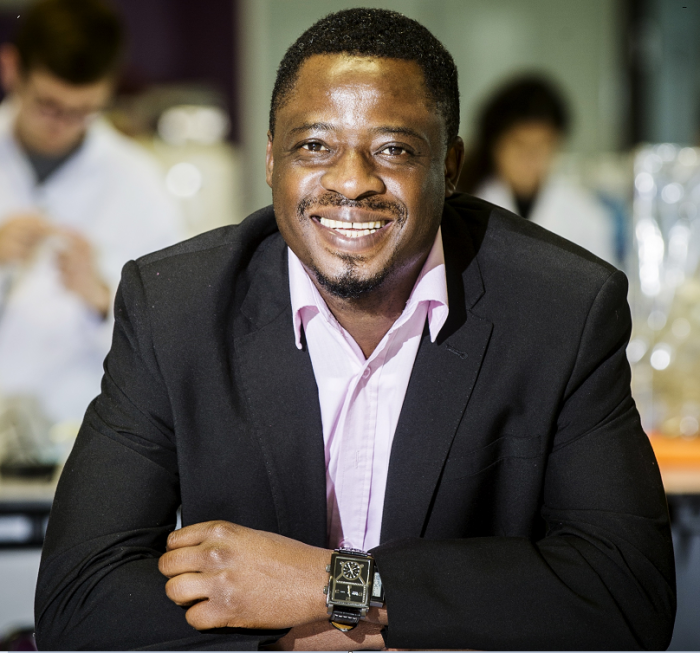
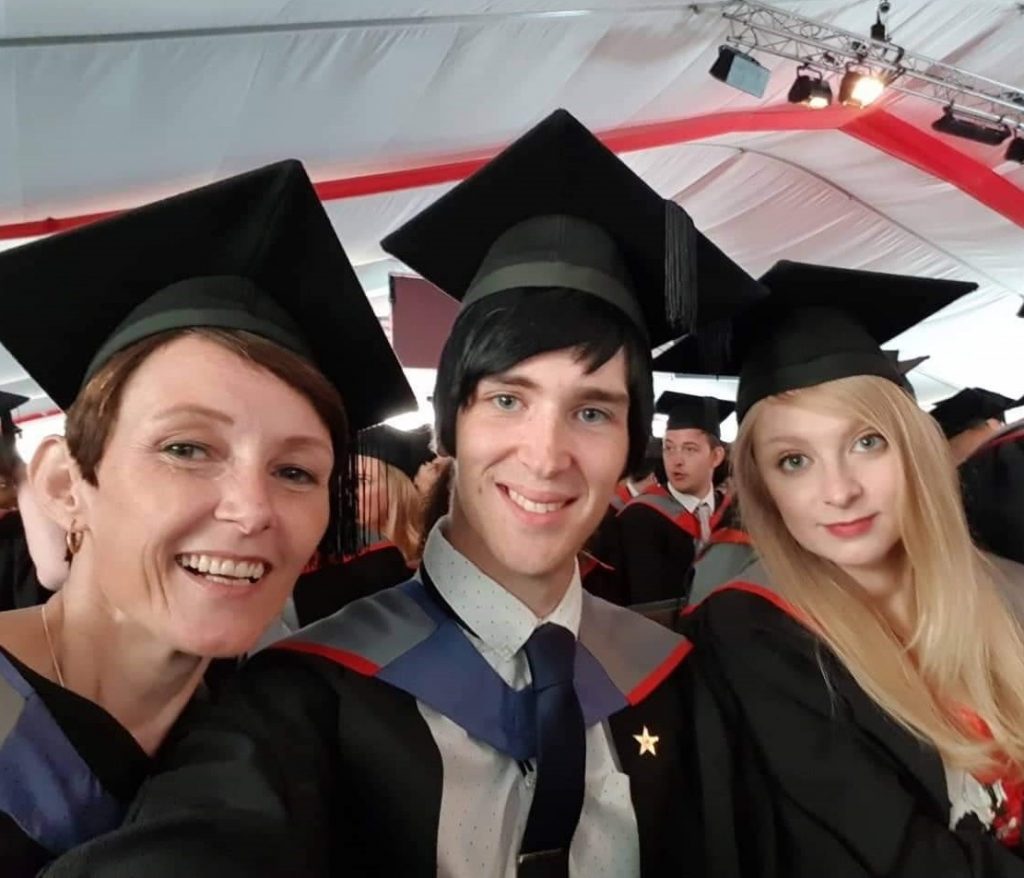
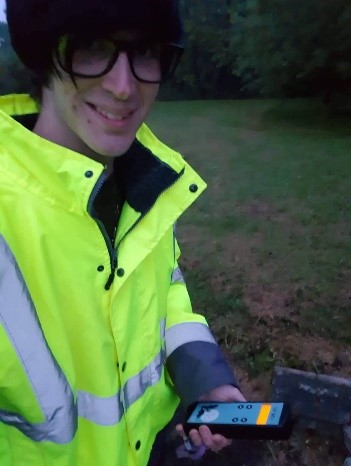

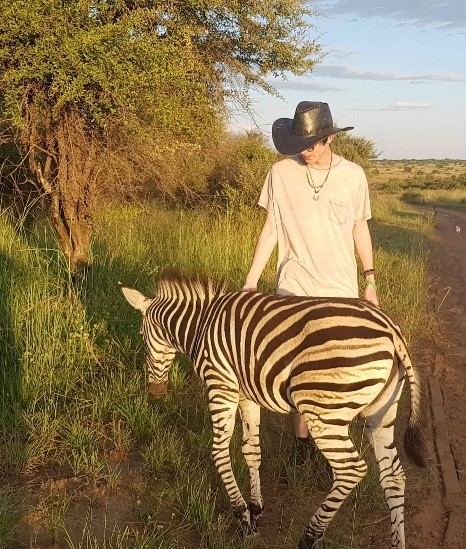
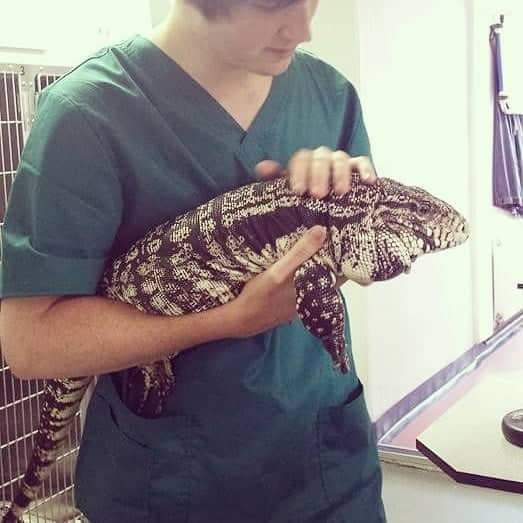
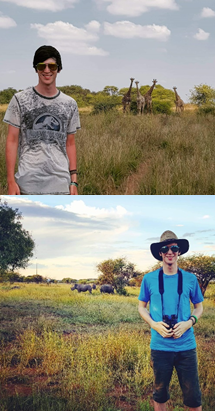
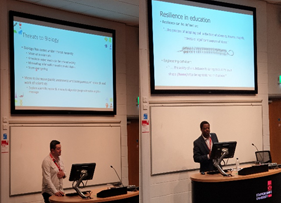
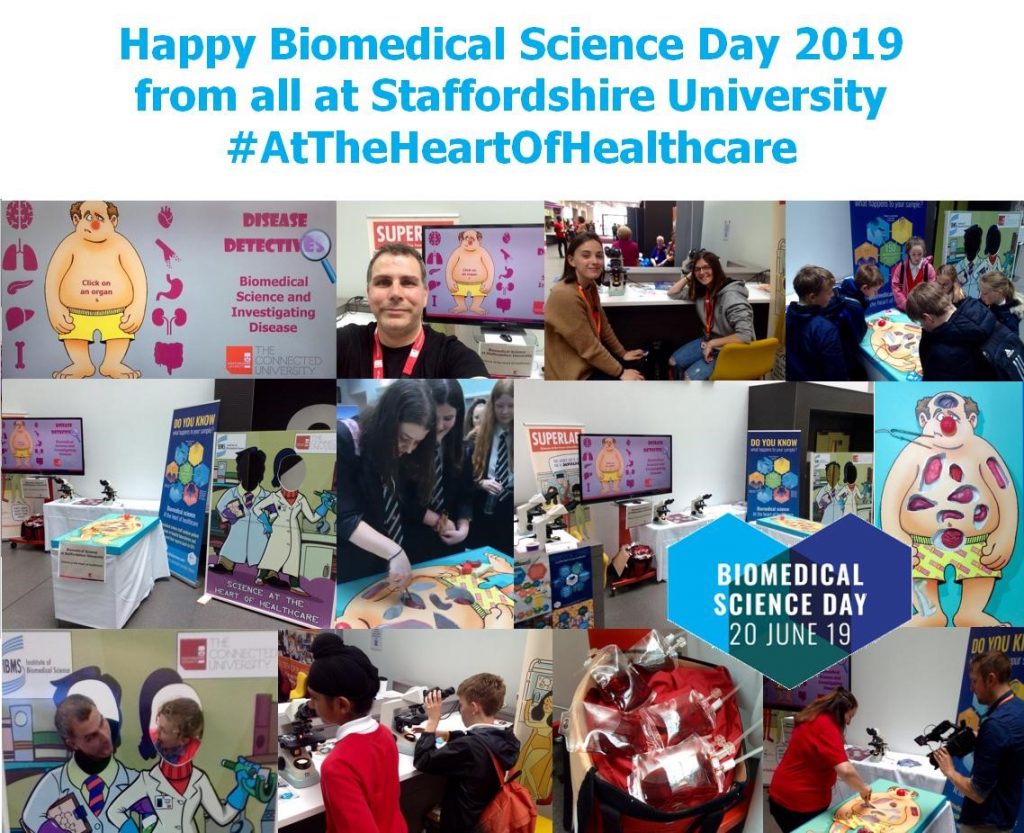
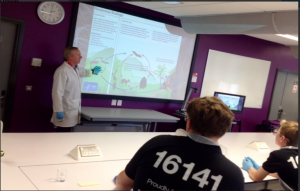 Eleanor Atkins along with some of our brilliant specialist technicians ran workshops throughout the day of a taster into being an Eco Detective. This workshop saw students being hands-on in investigating incidences of dead fish being discovered in the Dee Estuary, testing samples collected from the river Dee and the estuary itself to identify the pollutant and its source, all technics which would be used by The Environmental Agency.
Eleanor Atkins along with some of our brilliant specialist technicians ran workshops throughout the day of a taster into being an Eco Detective. This workshop saw students being hands-on in investigating incidences of dead fish being discovered in the Dee Estuary, testing samples collected from the river Dee and the estuary itself to identify the pollutant and its source, all technics which would be used by The Environmental Agency. 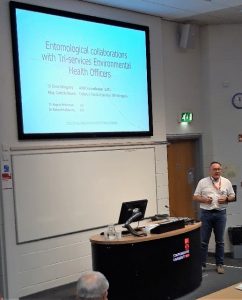
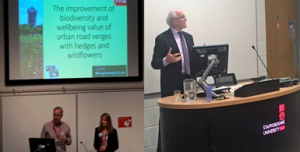
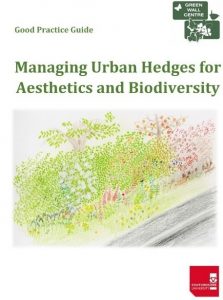 The PGR Conference is hosted annually at the university to showcase the post-graduate research being carried out from all schools across the university. We saw two of our PhD students informing other post-graduates and staff members of their research.
The PGR Conference is hosted annually at the university to showcase the post-graduate research being carried out from all schools across the university. We saw two of our PhD students informing other post-graduates and staff members of their research.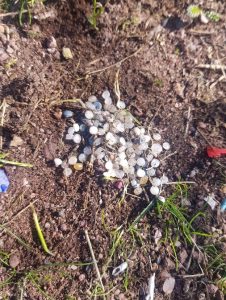 Eleanor Harrison presented the beginning of her research into soil microplastics. Speaking about the need for research into terrestrial microplastics as current research and media attention is centred around marine macro and microplastics which is an issue but studies of plastics in soil and the effects that it may have on agricultural, environmental and human health aspects are lacking. Ellie is in the early stages of her PhD but has already begun testing the effectiveness of methodologies in separating the microplastics from the organic matter in soil samples to be able to analyse the samples. Ellie is now in America with colleagues from the School of Law, Policing and Forensics, taking part in a expedition of the Hudson River with the Rozalia Project, sampling soil from river banks along the way and analysing them for microplastics, mainly nurdles (small plastic pellets roughly the size of a lentil) which are used industrially to make plastic products.
Eleanor Harrison presented the beginning of her research into soil microplastics. Speaking about the need for research into terrestrial microplastics as current research and media attention is centred around marine macro and microplastics which is an issue but studies of plastics in soil and the effects that it may have on agricultural, environmental and human health aspects are lacking. Ellie is in the early stages of her PhD but has already begun testing the effectiveness of methodologies in separating the microplastics from the organic matter in soil samples to be able to analyse the samples. Ellie is now in America with colleagues from the School of Law, Policing and Forensics, taking part in a expedition of the Hudson River with the Rozalia Project, sampling soil from river banks along the way and analysing them for microplastics, mainly nurdles (small plastic pellets roughly the size of a lentil) which are used industrially to make plastic products.